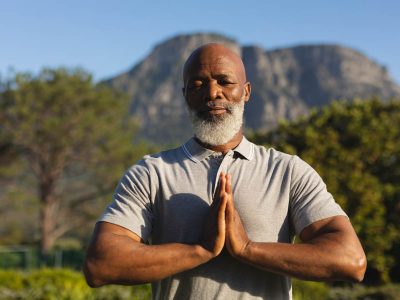If willpower were enough, obesity wouldn’t be a global crisis. People try. They count, track, sweat, and restrict. They follow plans, fall off, and get back on. It’s not a lack of effort; it’s a system rigged to make them fail.
But for years, we treated obesity like a character flaw. Like hunger was a moral issue. Like the answer was simply: eat less, move more, try harder.
That wasn’t medicine. That was mythology.
There’s more to weight than food and exercise
Obesity is a complex, multifactorial condition. And at the center of it all, long before the number on a scale starts creeping up, is a swirl of hormones, signals, and misfires happening in the background.
Especially in the gut.
That’s where GLP-1 lives. A hormone that doesn’t count calories, but rewires how the body responds to them. When GLP-1 flows freely and does its job, appetite quiets, insulin balances, and cravings don’t shout so loud.
So why do people gain weight in the first place?
It’s not just overeating. It’s how the modern world overwhelms biology. Here’s what the science shows:
- Processed foods outpace our natural satiety signals
- Chronic stress scrambles hormone rhythms
- Sleep deprivation impacts hunger and storage hormones
- Inflammation blocks insulin’s effectiveness
And then there’s the loop: gain weight, become more insulin resistant, gain more weight. It’s not a willpower problem. It’s a feedback loop.
What GLP-1 taught us about treating obesity
When GLP-1 medications were first introduced, people started losing weight without trying harder. They weren’t being “disciplined.” Their biology was finally working with them, not against them.
GLP-1…
- Slows digestion, keeping you fuller, longer
- Supports insulin when it’s needed, and backs off when it’s not
- Tells the brain: hunger isn’t urgent right now
- Reduces inflammation, which can interfere with fat metabolism
The result? Sustainable weight loss that isn’t punishing or will-driven.
Conclusion
We’ve blamed the patient for decades. But the data tells a different story. Weight isn’t just behavior, it’s biochemistry. It’s trauma, hormones, microbiomes, and yes, personal choices too. But not in isolation.
When we understand the science, we stop blaming people. We start helping them. Because maybe the goal isn’t to shame the body into shrinking. Maybe it’s to help the body feel safe enough to let go.

